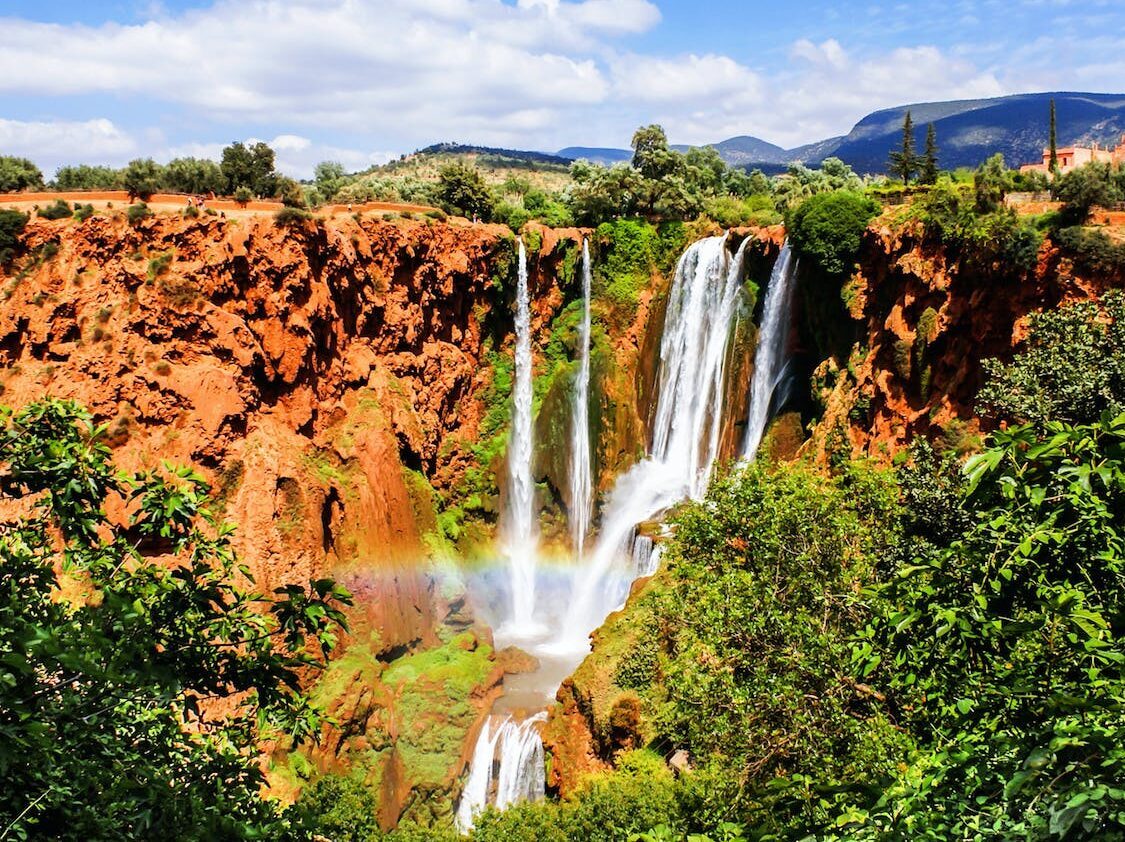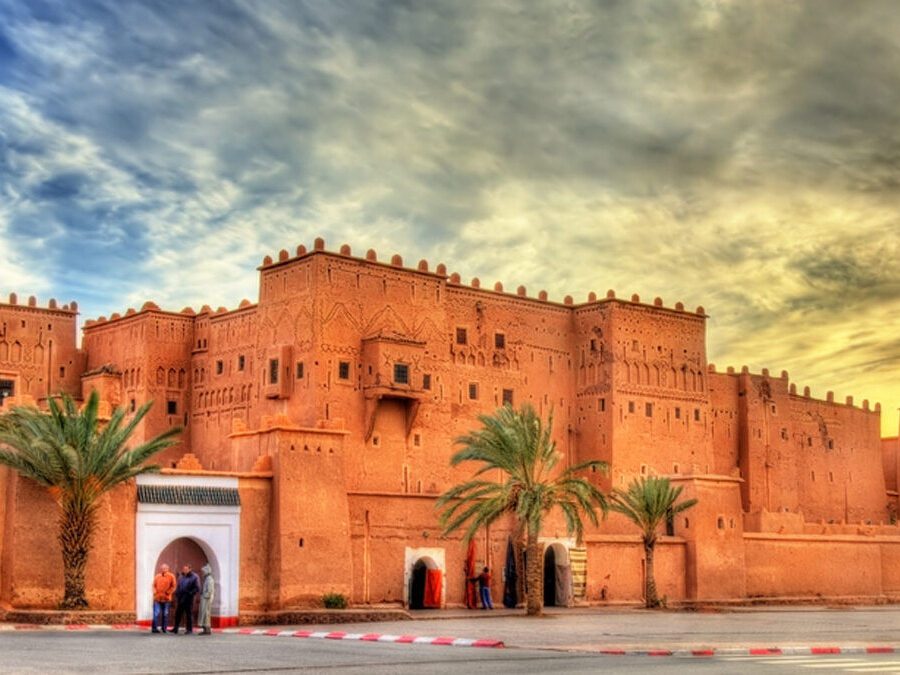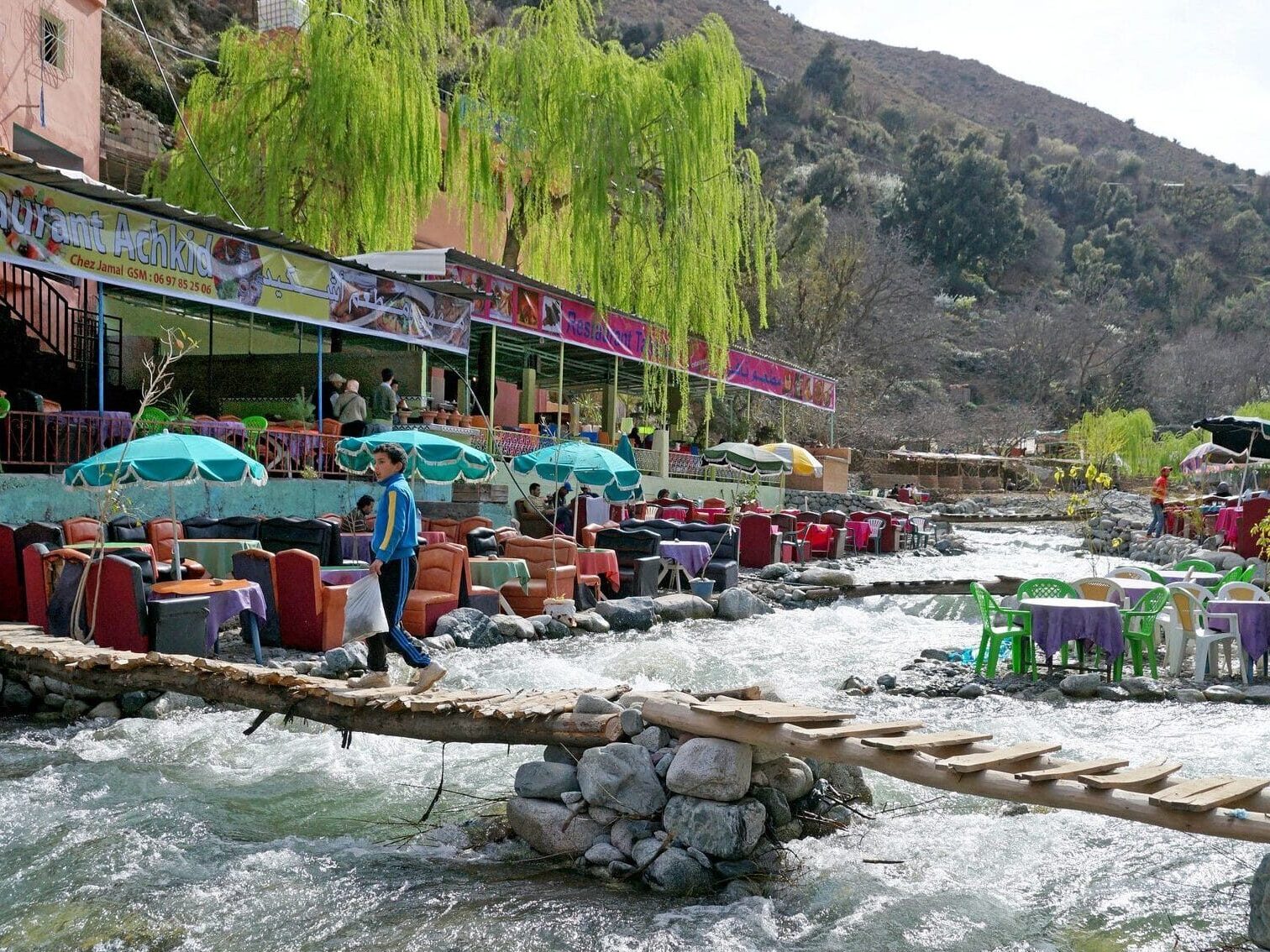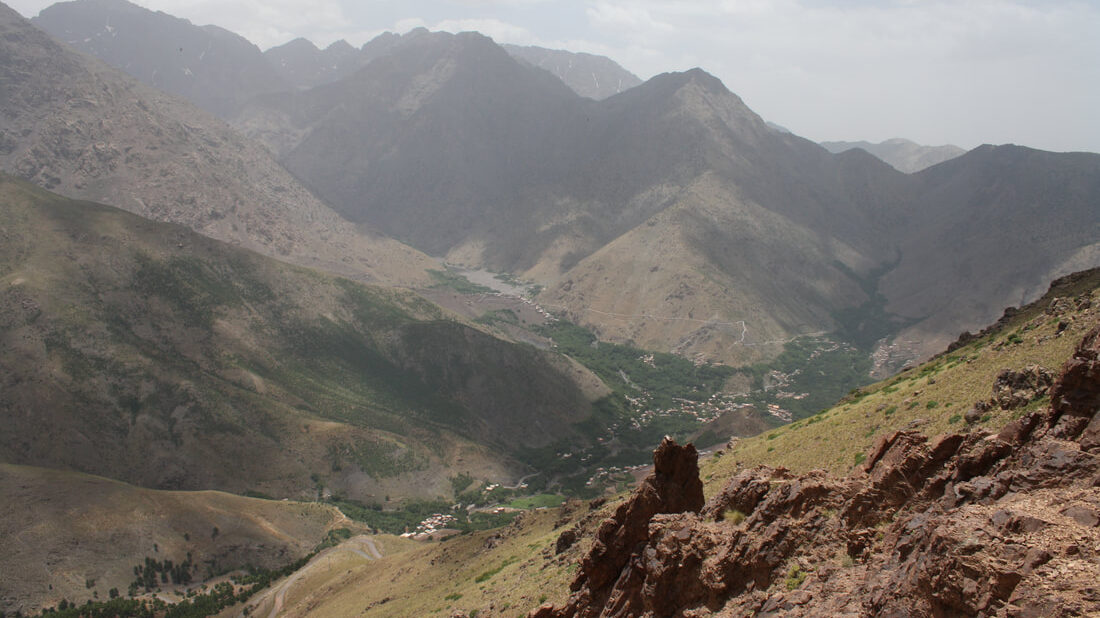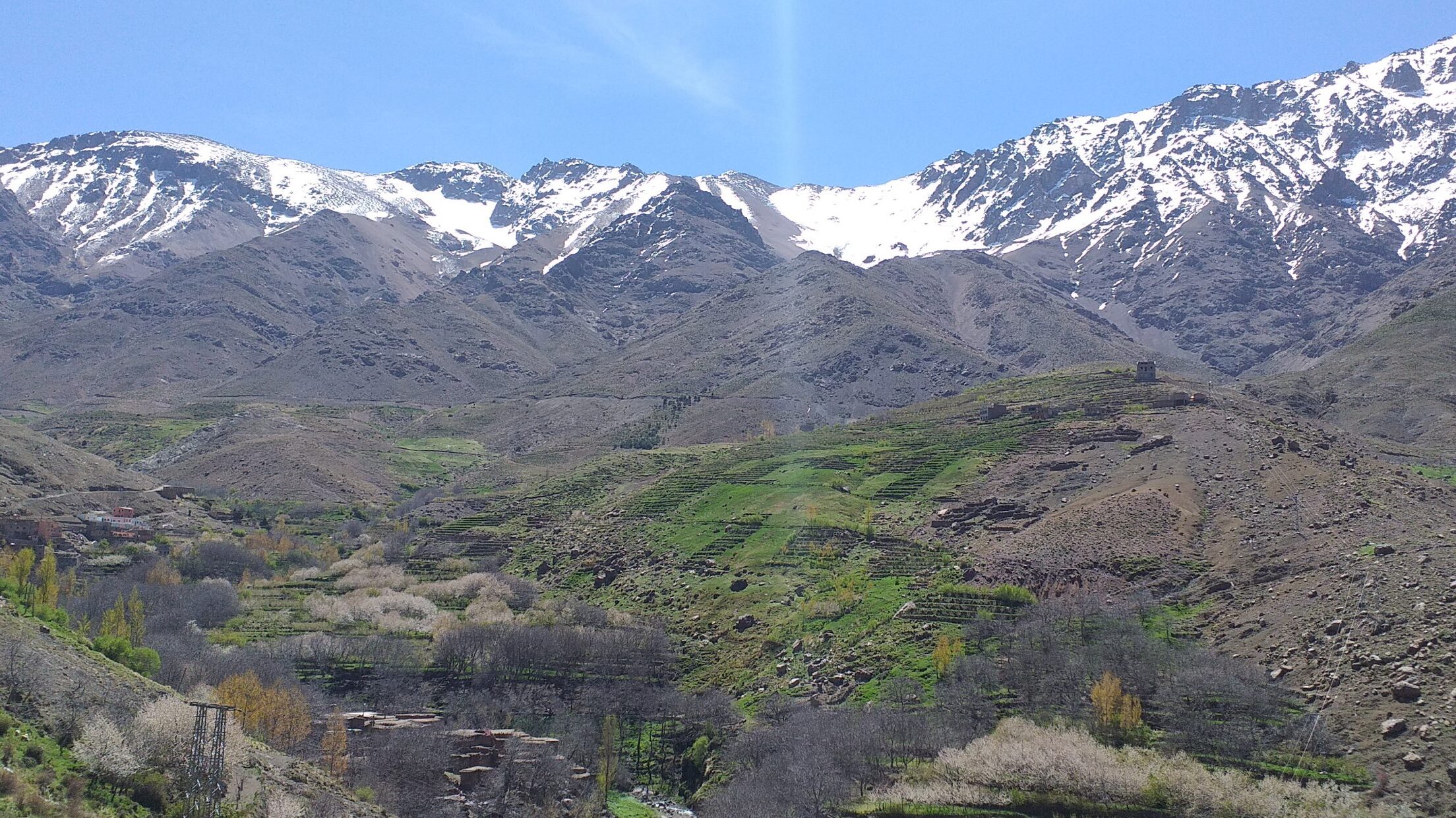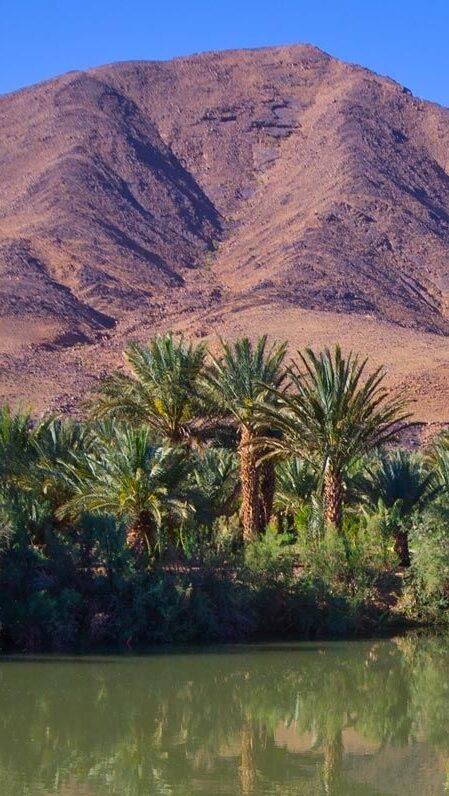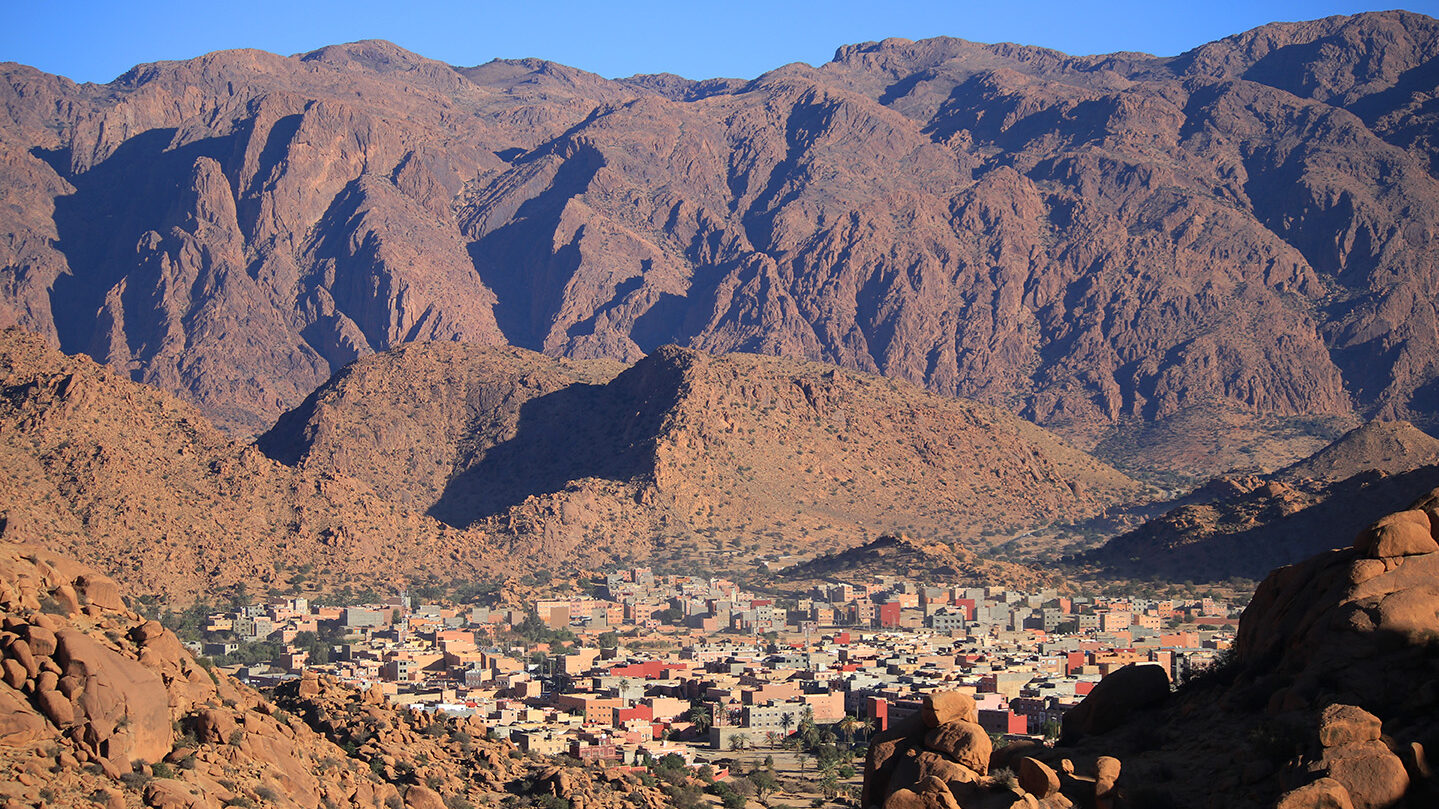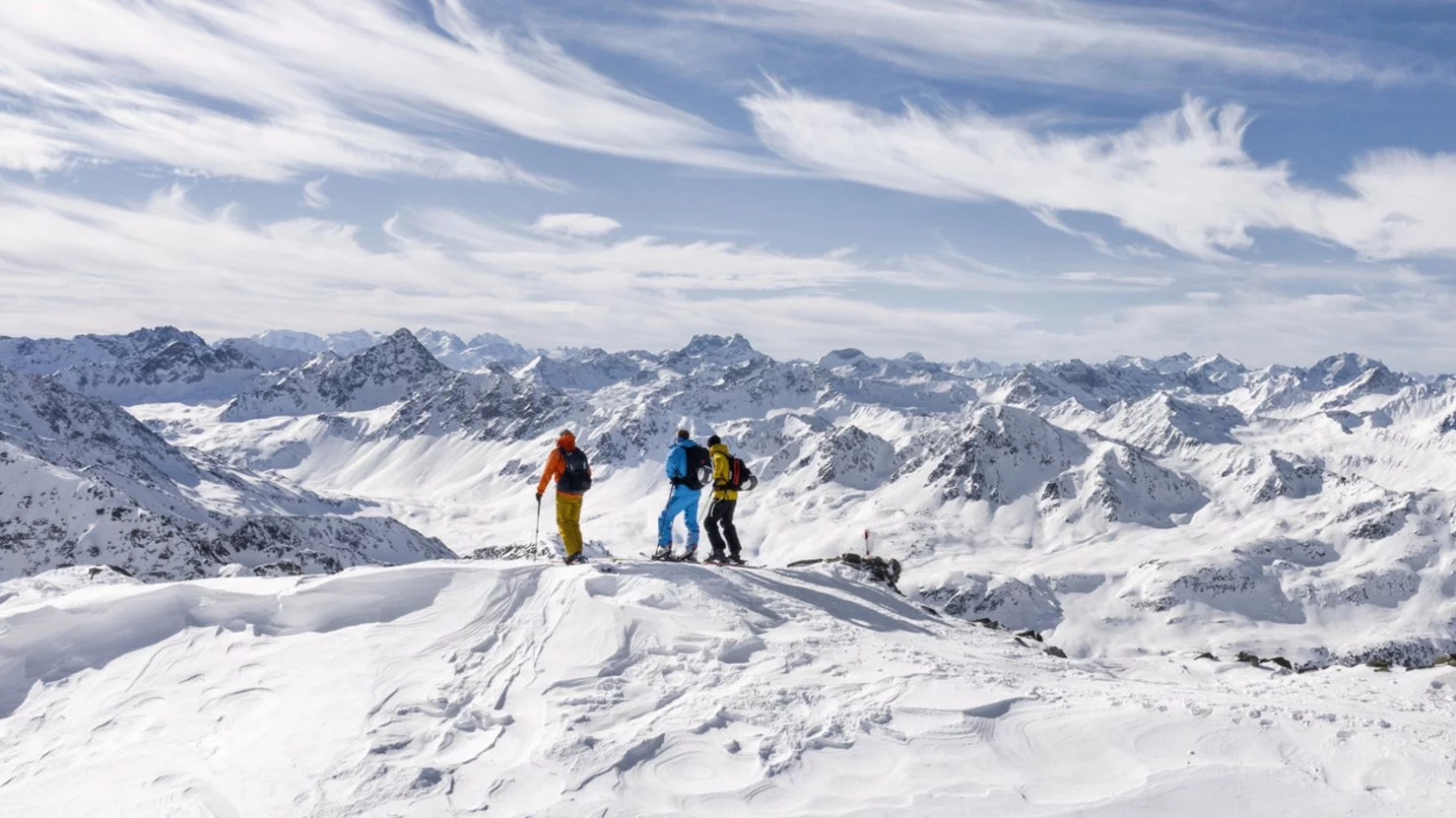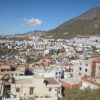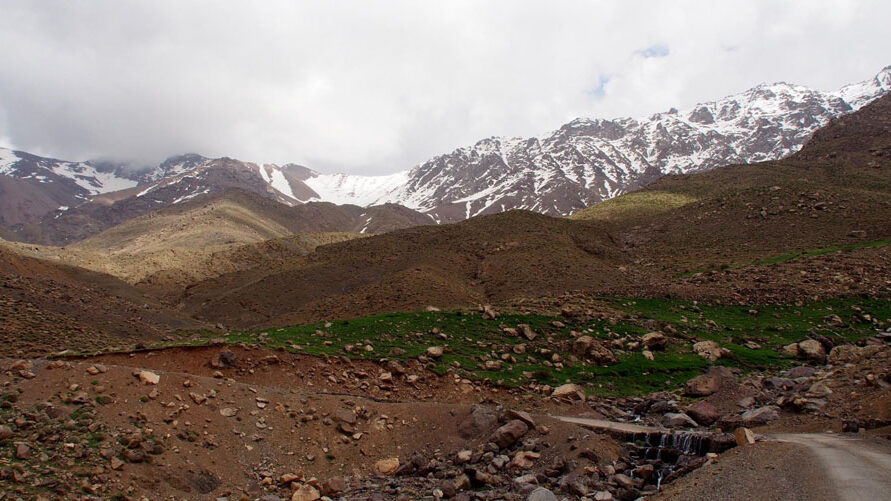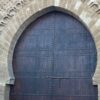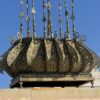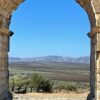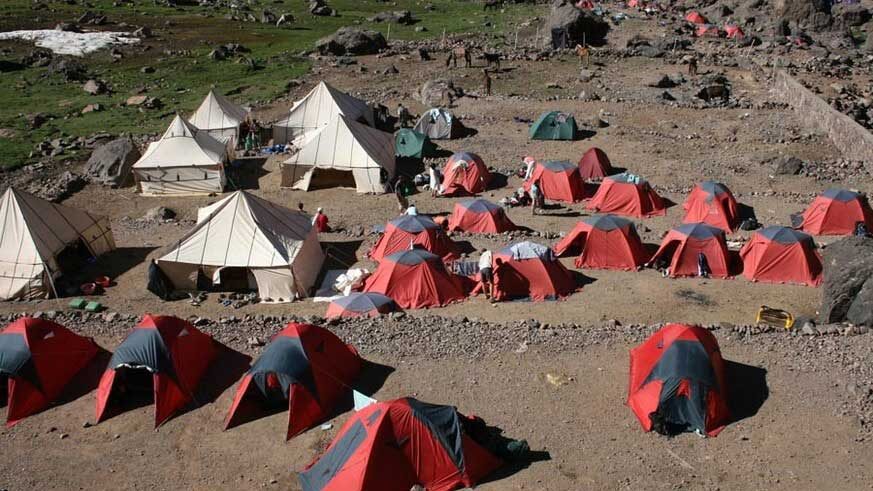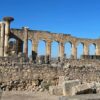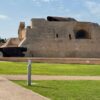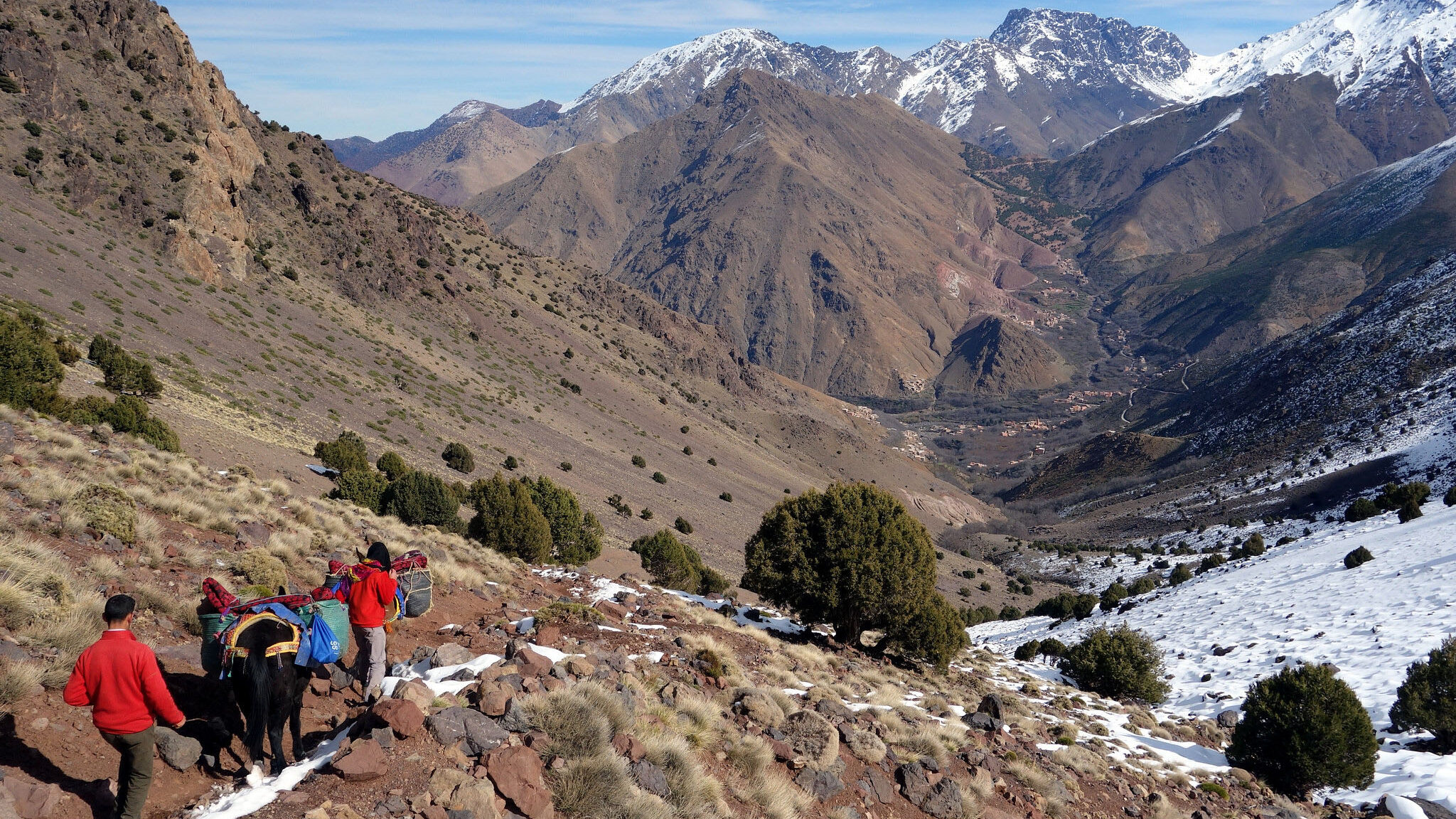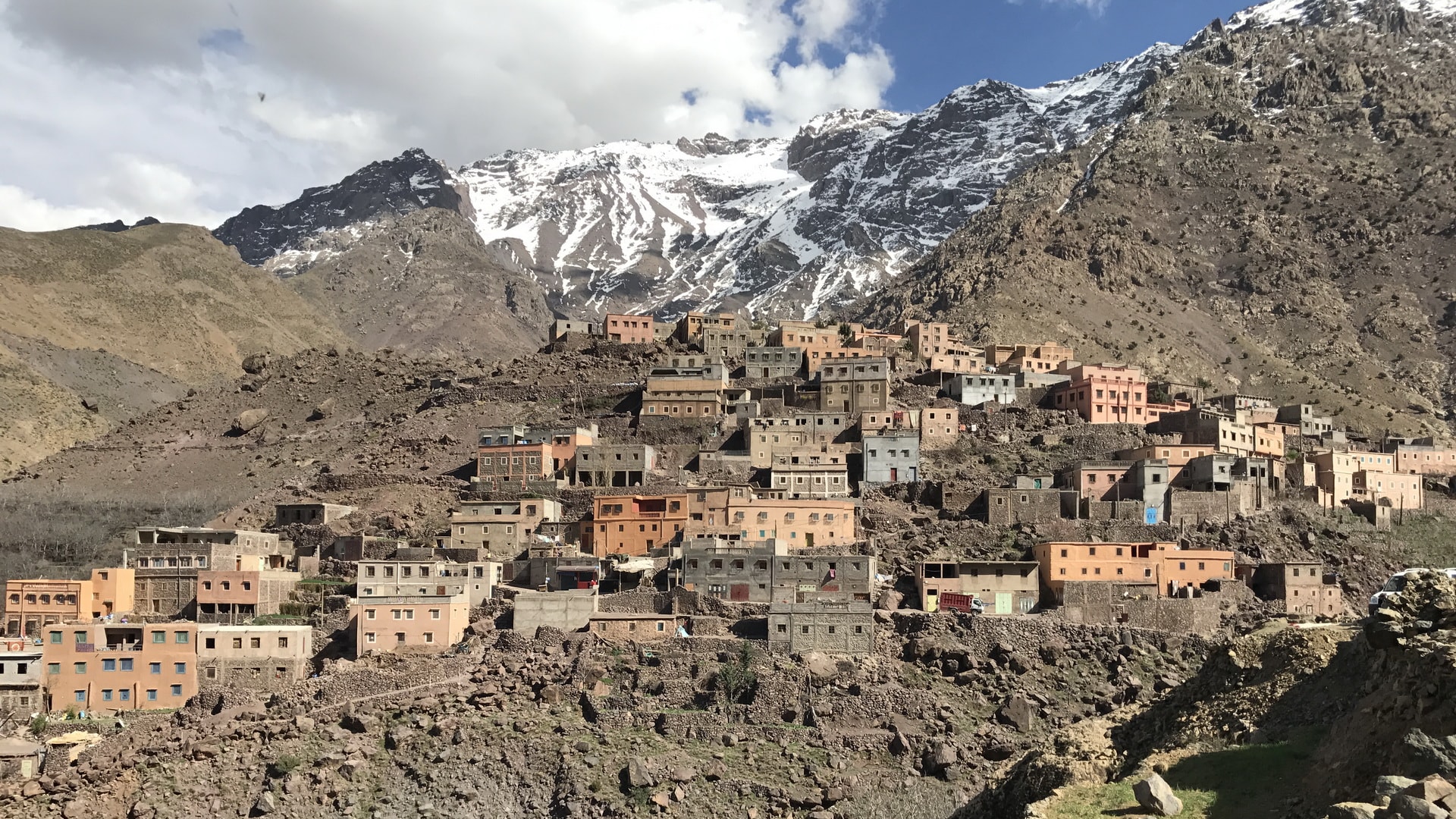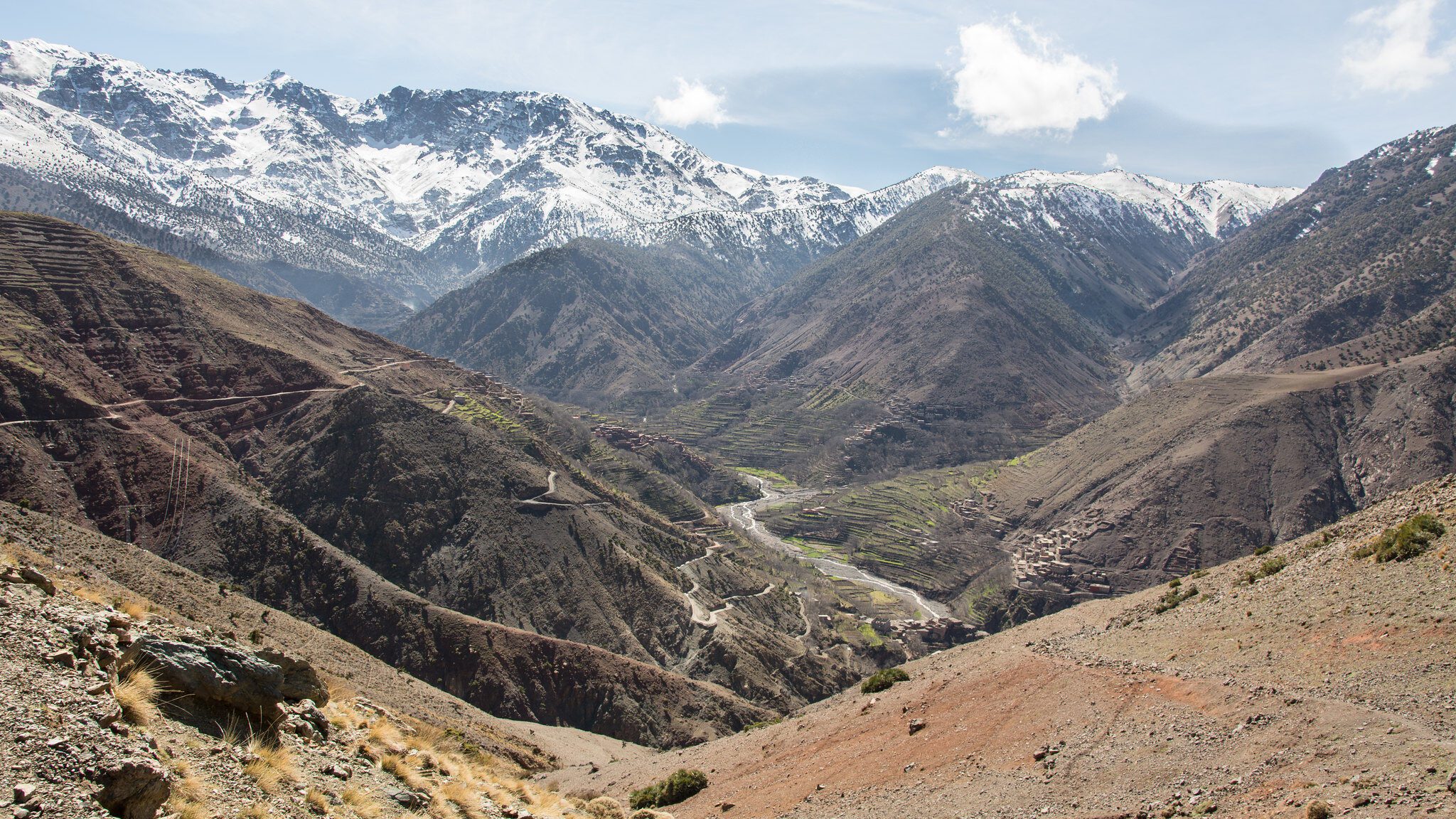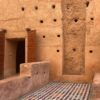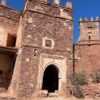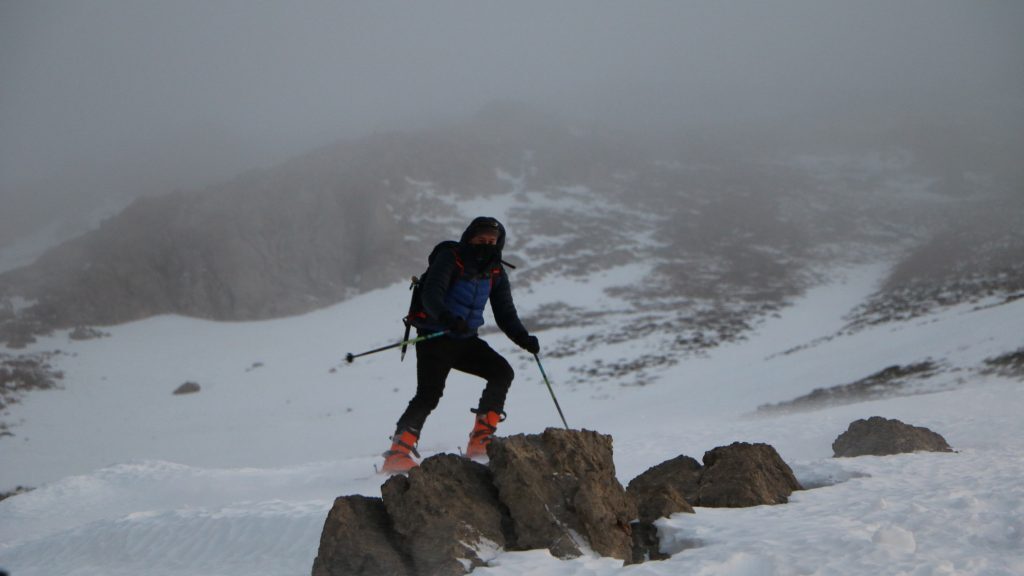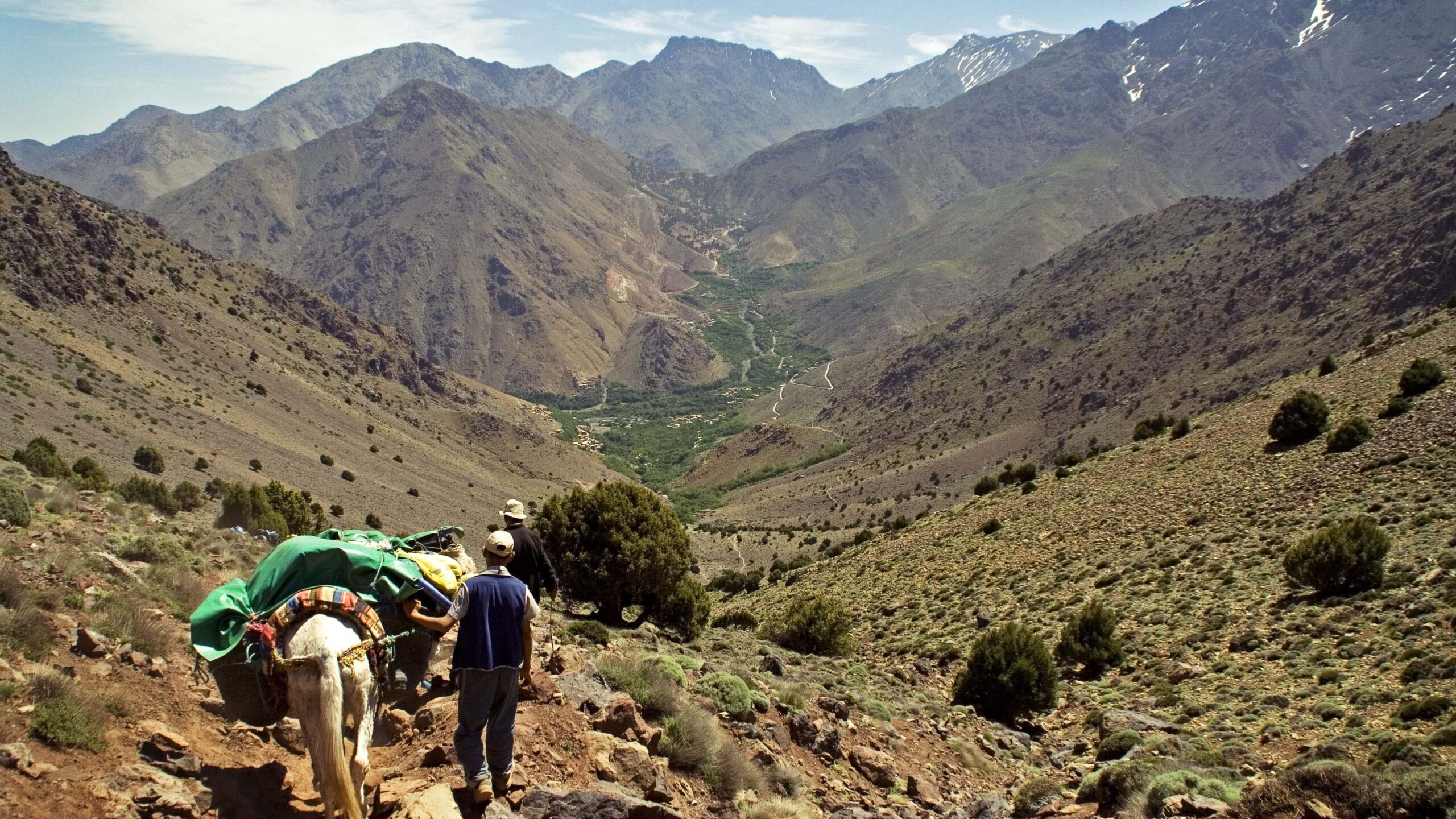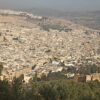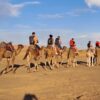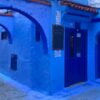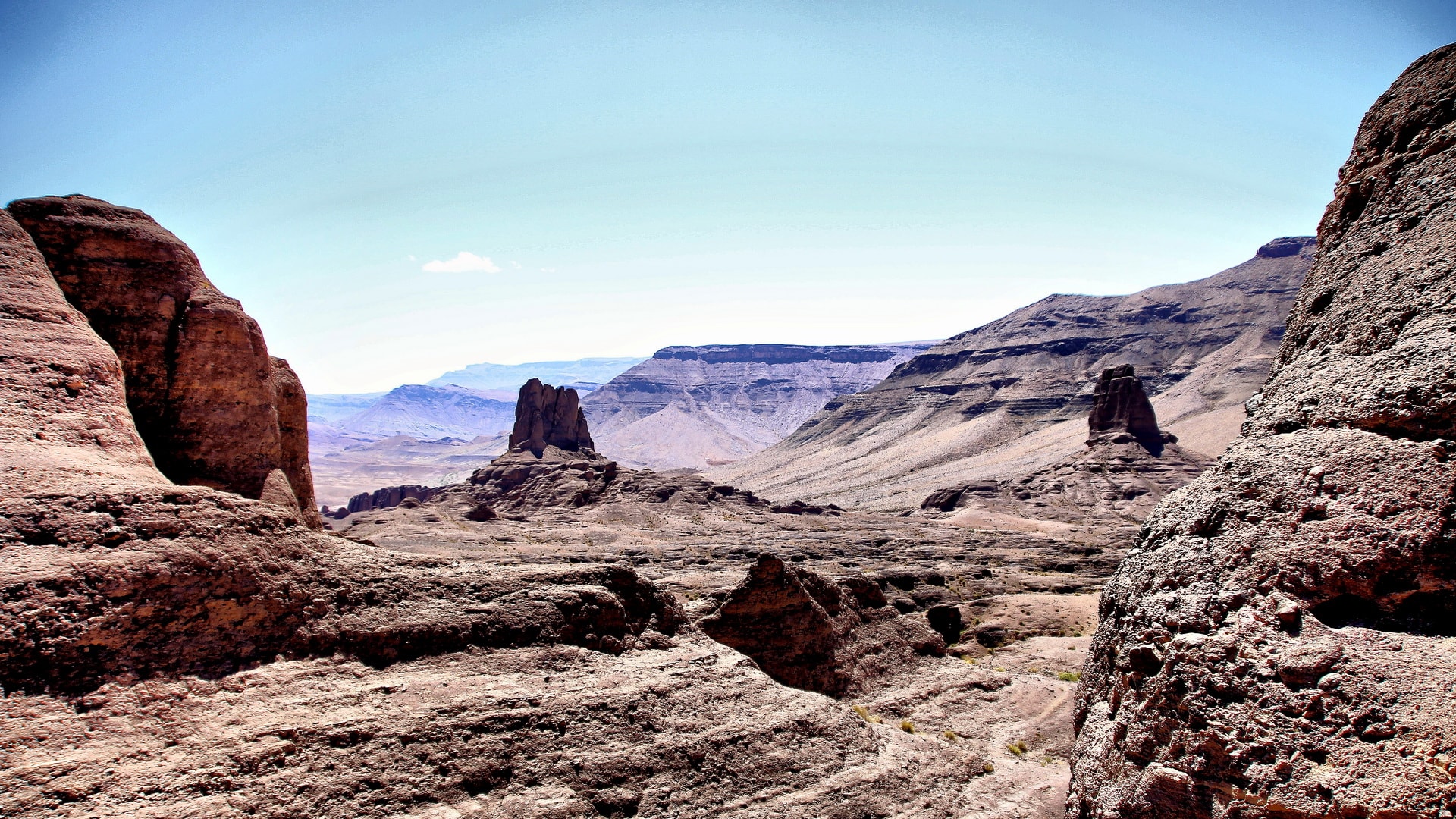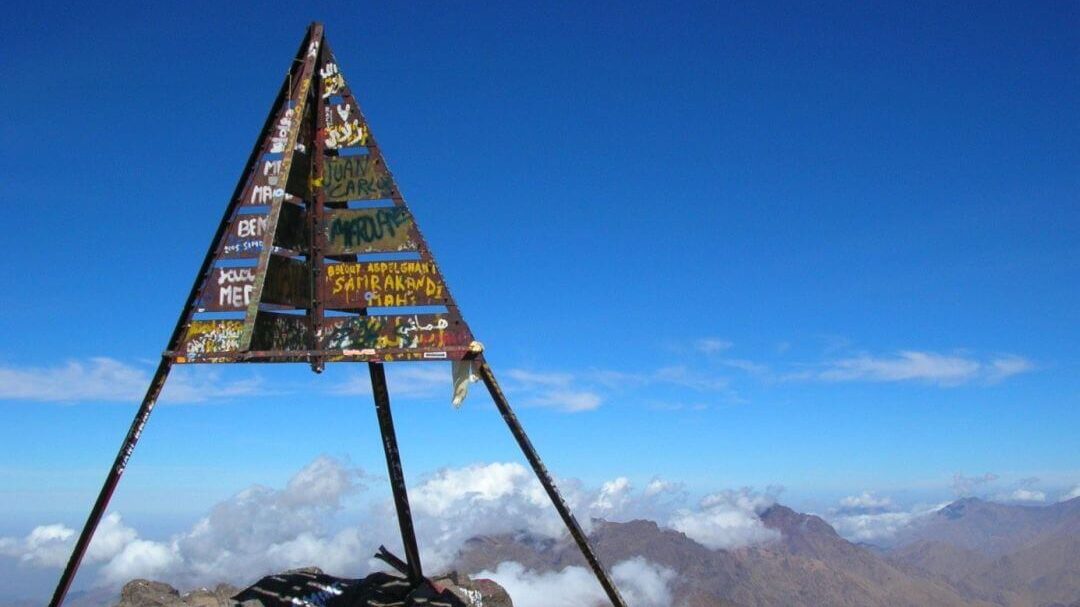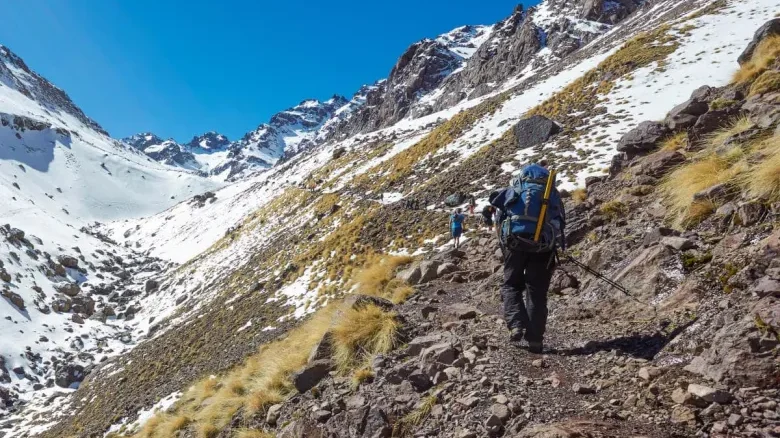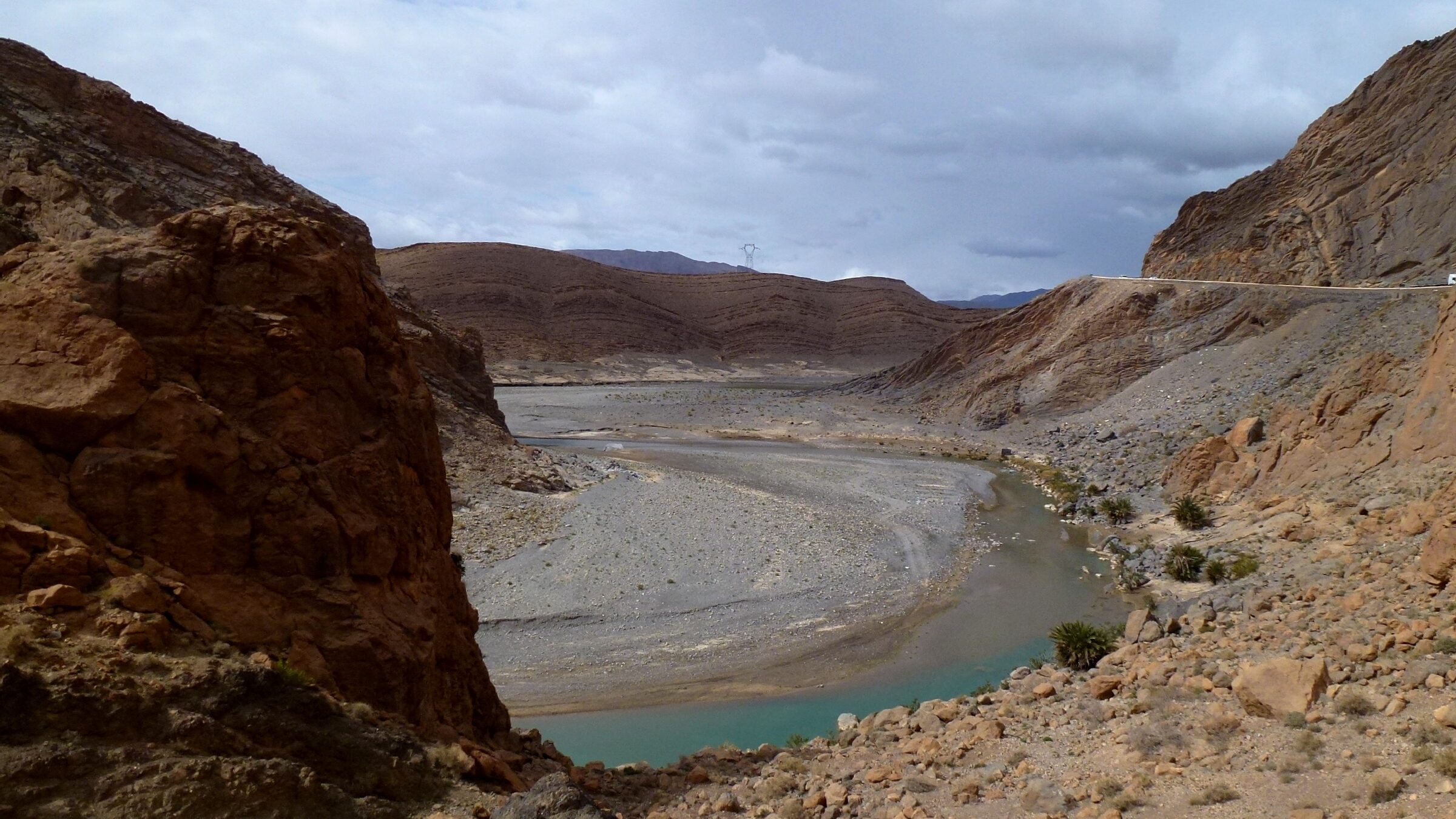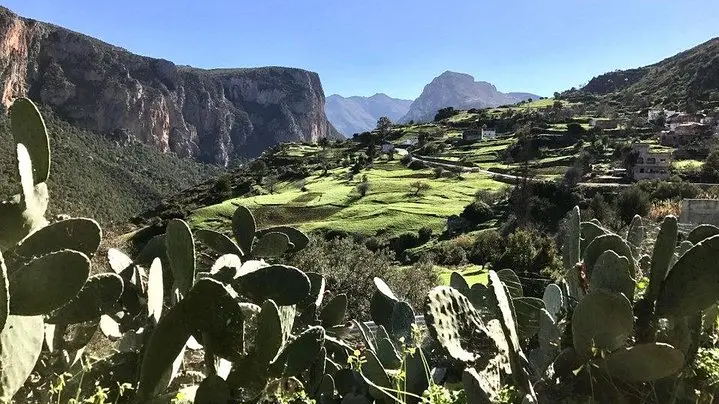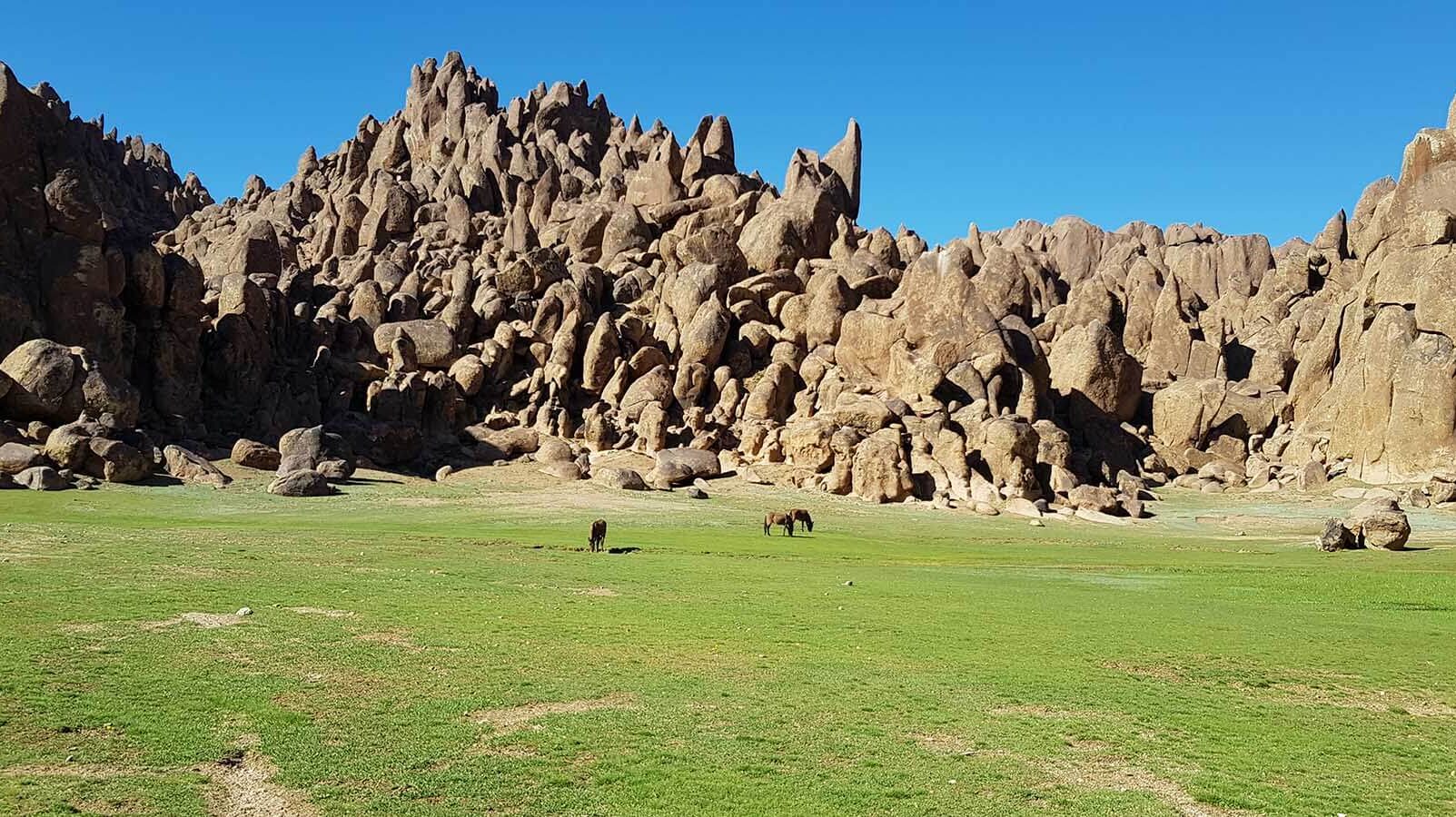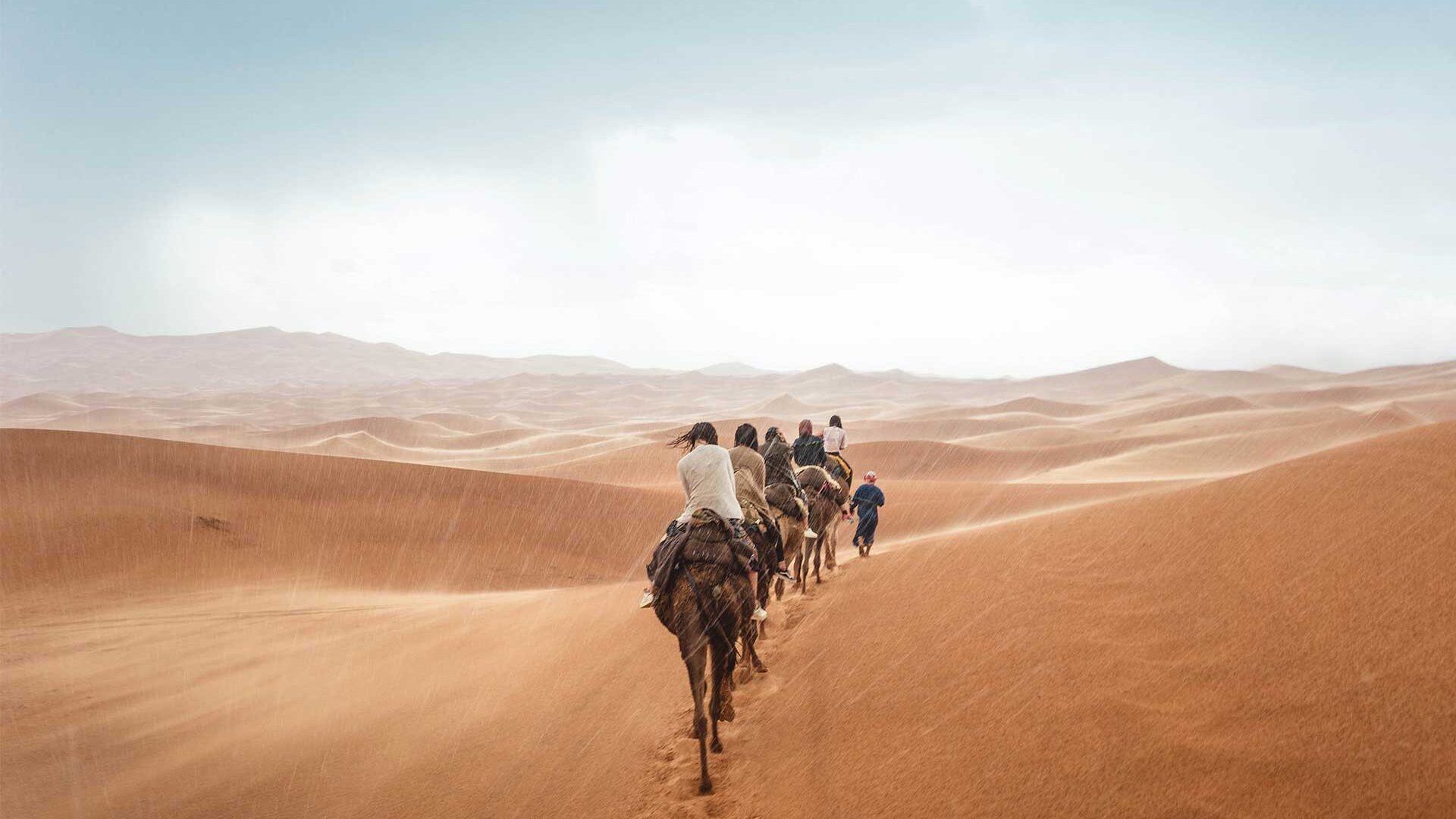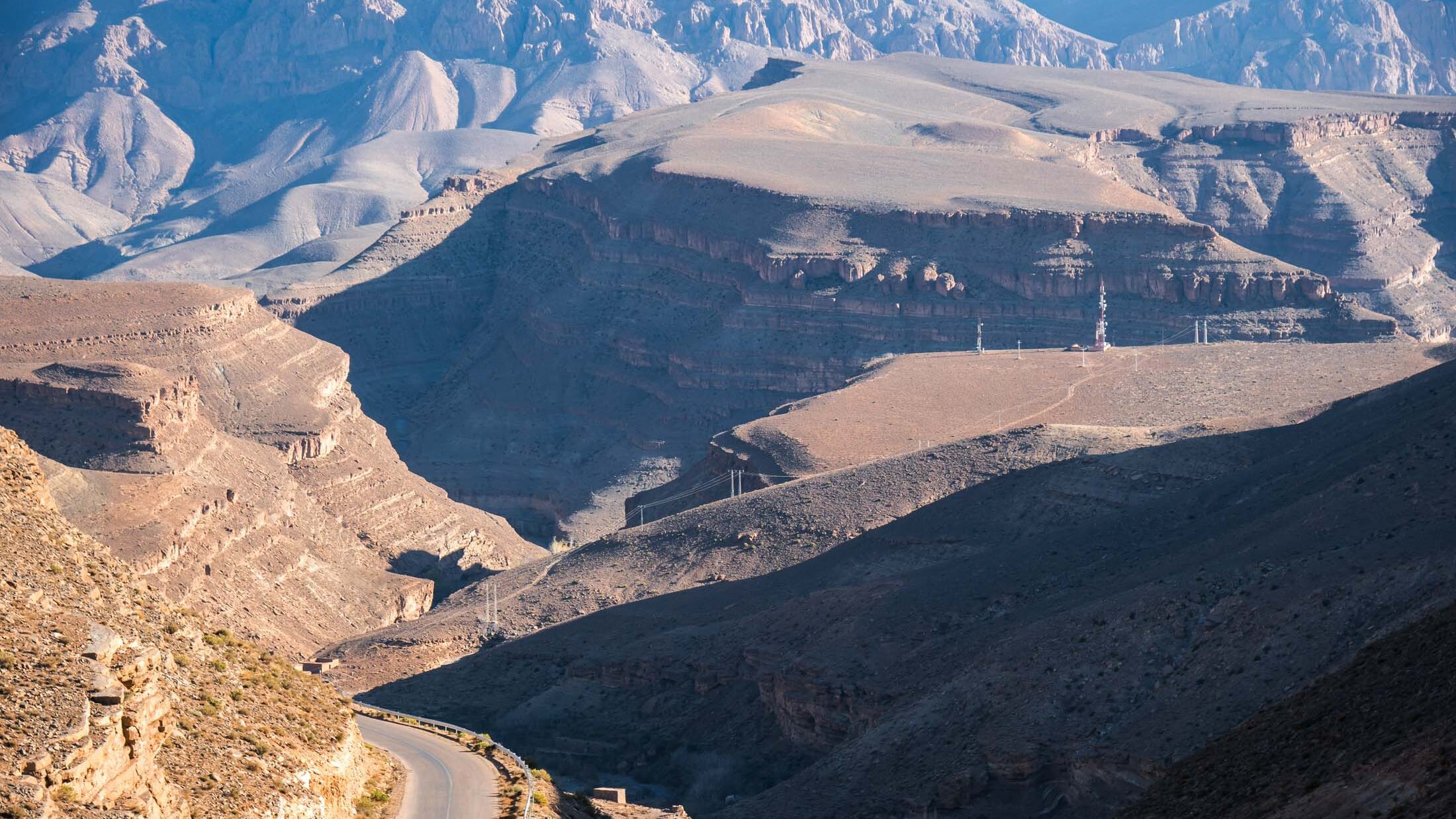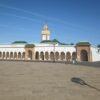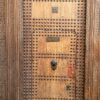
Best Travel Agency In Morroco
Experience the magic of Morocco with Toubkal Rando, your trusted travel agency specializing in bespoke tours and adventures. Discover the breathtaking landscapes of the Atlas Mountains, the vast expanse of the Sahara Desert, and the rich cultural tapestry of Morocco.
Why Choose Us?
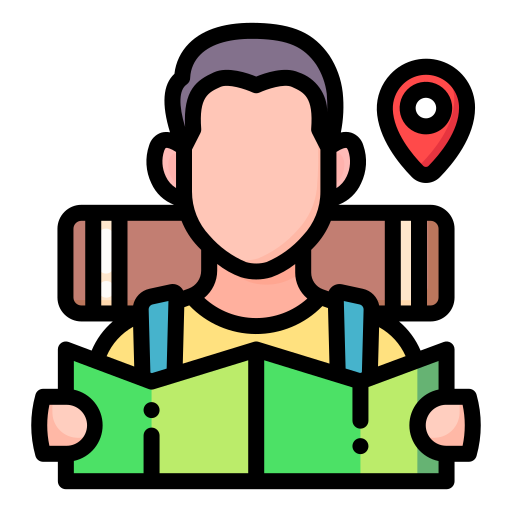
Expert Guides
Our knowledgeable local guides provide authentic experiences and insights.
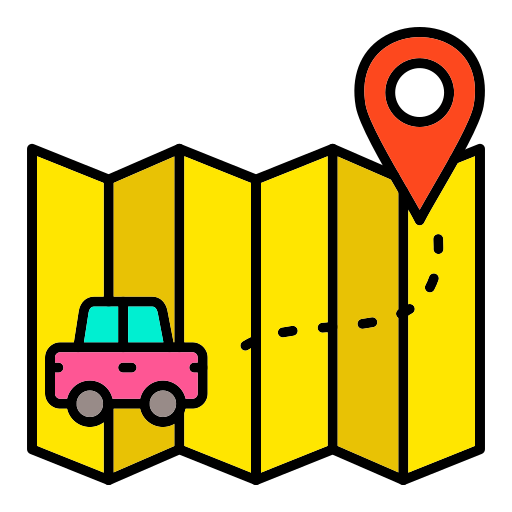
Tailored Itineraries
Customized tours to fit your preferences, whether you're seeking adventure, relaxation, or cultural immersion.

Top Destinations
From Marrakech to the High Atlas, enjoy exclusive access to Morocco's hidden gems.

Comfort and Safety
Travel in comfort with our modern transportation and 24/7 support.
Book Your Adventure
Ready to explore Morocco? Contact us today to plan your dream vacation. Whether you’re looking for an adrenaline-pumping adventure or a serene getaway, Toubkal Rando has the perfect tour for you.
Best Selling Excursion
All Tours
FAQs
Do I need a visa to travel to Morocco?
MOROCCO:
Australia: No – Not required
Belgium: No – Not required
Canada: No – Not required
Germany: No – Not required
Ireland: No – Not required
Netherlands: No – Not required
New Zealand: No – Not required
South Africa: Yes – in advance (in general, visa processing can take approximately 20 working days)
Switzerland: No – Not required
UK: No – Not required
USA: No – Not required
Visas are the responsibility of the individual traveller. Entry requirements can change at any time, so it’s important that you check for the latest information. Please visit the relevant consular website of the country or countries you’re visiting for detailed and up-to-date visa information specific to your nationality. Your consultant will also be happy to point you in the right direction with acquiring visas. Visas can take several weeks to process, so familiarise yourself with any requirements as soon as you have booked your trip to allow for processing time. Australians, New Zealanders, Canadians, Americans and British citizens do not require a visa to visit Morocco for stays up to 90 days. All other nationalities should check with the Moroccan Embassy or Consulate in their country for up-to-date visa information.
Is tipping customary in Morocco?
While tipping isn’t mandatory in Morocco, rounding up the bill and leaving spare change at restaurants and cafes is generally standard practice. Taxi drivers and porters will also accept tips, 10 dirham is usually sufficient in this case.
What is the internet access like in Morocco?
Morocco’s cities have internet access available in internet cafes and hotel lobbies. In some cases, free Wi-Fi can be accessed in public places. Less internet access is available in rural areas, so be prepared to ‘disconnect’ when travelling out of Morocco’s big cities.
Can I use my mobile/cellphone while in Morocco?
Mobile phone coverage is generally very good in Morocco’s cities and metropolitan areas, although expect limited coverage in remote or mountainous areas. Ensure you have global roaming activated with your carrier if you wish to use your phone while in Morocco.
What are the toilets like in Morocco?
Morocco’s toilets are a mixture of modern flushable toilets and squat toilets, so be prepared to encounter both. Carry your own supply of toilet paper and soap, as these aren’t always provided.
What will it cost for a…?
Mint tea = 5-10 MAD
Fresh juice = 10-15 MAD
Basic meal = 80 MAD
Expensive meal = 350 MAD
Can I drink the water in Morocco?
Drinking tap water isn’t recommended in Morocco. For environmental reasons, try to avoid bottled water. Ask your leader where filtered water can be found as some hotels provide this.
Are credit cards accepted widely in Morocco?
Major credit cards are accepted by most large shops, hotels and restaurants, although smaller vendors and market stalls often only accept cash.
What is ATM access like in Morocco?
ATMs are easily found in the large cities and airports, although are less common in rural and remote areas. When travelling out of the city, be prepared by having enough cash, as ATMs aren’t always an option.
Do I need to purchase travel insurance before travelling in Morocco?
Absolutely. All passengers travelling with Intrepid are trek in Morocco to purchase travel insurance before the start of your trip. Your travel insurance details will be recorded by your leader on the first day of the trip. Due to the varying nature, availability and cost of health care around the world, travel insurance is very much an essential and necessary part of every journey.
For more information on insurance, please go to: Travel Insurance
What public holidays are celebrated in Morocco?
- 11 Jan Independence Manifesto Day
- 1 May Labour Day
- 26 Jun Aid al-Fitr / End of Ramadan
- 30 Jul Throne Day
- 14 Aug Oued Ed-Dahab Day
- 20 Aug Revolution Day
- 21 Aug HM Mohammed VI’s Birthday
- 1 Sep Aid al-Adha / Feast of Sacrifice
- 22 Sep Islamic New Year / Muharram
- 6 Nov Green March Day
- 18 Nov Independence Day
- 1 Dec The Prophet’s Birthday
Is Morocco a safe destination for LGBTQIA+ travellers?
We recommend LGBTQIA+ travellers exercise discretion when travelling in Morocco as homosexuality is not widely accepted in the community. Homosexual acts (including kissing) are illegal in Morocco and can attract a fine or even a jail sentence for offenders. That said, some towns (such as Marrakech and Tangier) are considered more gay-friendly than others. As long as travellers use discretion and avoid public displays of affection, travel in Morocco should not be a problem.
For more detailed and up-to-date advice, we recommend visiting Equaldex or ILGA before you travel.
If you are travelling solo on an Intrepid group tour, you will share accommodation with a passenger of the same gender as per your passport information. If you don’t identify with the gender assigned on your passport, please let us know at time of booking and we’ll arrange the rooming configuration accordingly. A single supplement is available on some tours for travellers who do not wish to share a room.
What to wear in Morocco”
Pack layers and sensible footwear to deal with Morocco’s changeable climate, uneven paths and conservative culture. While Moroccan days are generally mild-to-hot or hot-and-humid, they can give way to cooler nights – outside of the summer months, anyway. While female travellers aren’t expected to dress as conservatively as local women, it’s still a good idea to pack clothing options that will allow you to cover up.

